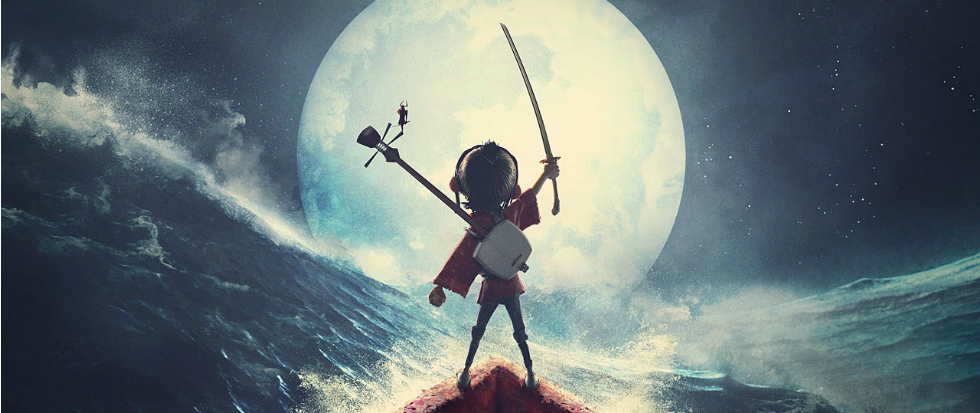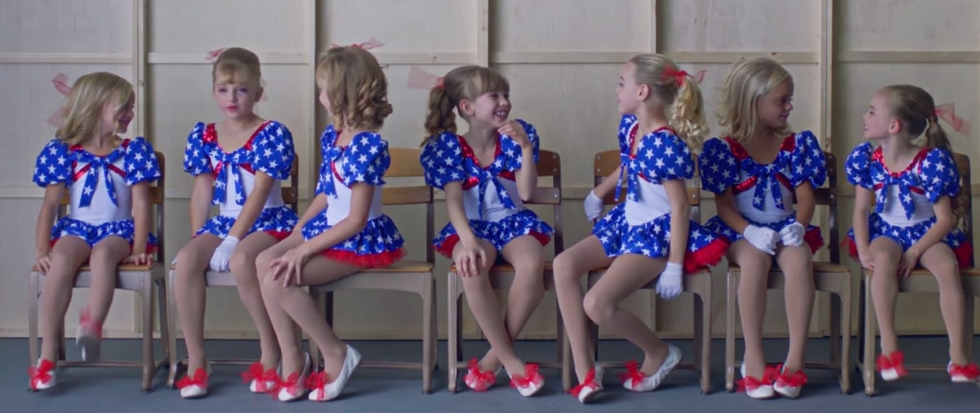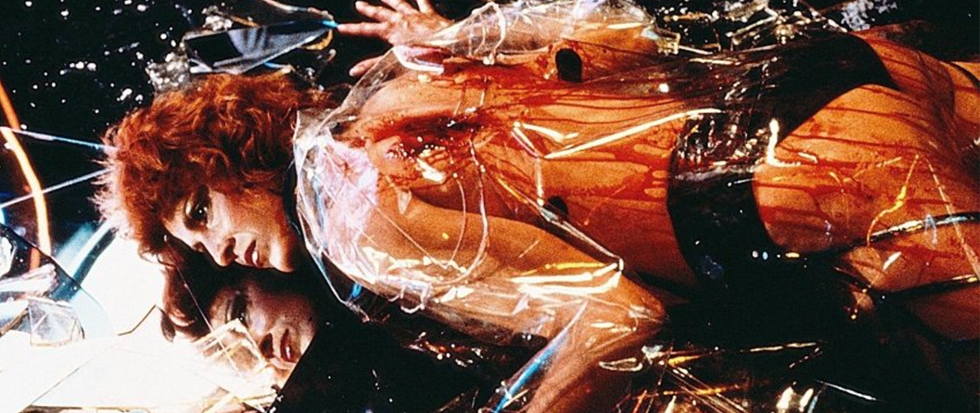
Color Out of Space is Purple
It’s only been a few days since I watched Color Out of Space, under a week really, and it ran through me like a bad taste — unfortunate, short lived, and quickly forgotten. I have already forgotten most of it, beyond of course, the color purple.
This is the first movie I’ve seen from Richard Stanley, unless you counted his part in the creation of the deeply odd The Island of Dr. Moreau, a ‘96 film starring Marlon Brando that he was fired from the helm of a week in. Aside from short films, it has been a long hiatus from film for Stanley, a director who I understand is beloved for his work on films like Hardware. Perhaps for this people, this movie will be better as it certainly holds a vintage aesthetic to it.
Color Out of Space is an adaptation of an H.P. Lovecraft short story of the same name, though a slightly altered spelling. Lovecraft was a man scared of sex, other races and crustaceans and for whatever reason this caused him to write deeply unsettling cosmic horror. This story specifically is basically a Monkey’s Paw of science fiction — family wants to grow and heal, gets a clearly bad news rock from space that makes everything grow, and then they literally are eaten by the cancer from within. They got the growth, it was just more than they could have ever wanted or needed.
It’s a relatively simple framework and Stanley doesn’t do much to really build on that. He adds a literal cancer — the mother in the family is recently recovering from a double mastectomy –but most of his additions add to the mid-90’s vintage that permeates this film. Like traditional schlock there’s a stoner (a neighbor played by Tommy Chong); a passel of kids that are all uniquely interested in only one thing – NASA for the teenage boy, Wicca for the teenage girl, and dinosaurs for the child; one of the opening scenes involves walking up on the witch daughter performing a scene that looks like it has fallen out of an 80s sword and sorcery epic; and like all modern schlock Nicolas Cage is there.
There’s an almost holographic top coat to the film. Through early promotional material you can tell the film was attempting to bank on 2018’s Mandy, another Cage film though this one fronted by Panos Cosmatos. The two films actually share crew — specifically indie film editor Brett W. Bachman who Cage credits in the post-film Q&A with bringing color to Color Out of Space. Characters breathlessly describe the color as indescribable — it isn’t, it’s purple. This is ultimately a failing of bringing the story to the medium of film perhaps. Lovecraft could spend paragraphs expounding on the impossibility of describing such a color, but film must show you a color and in this case, they chose a kind of oil slick purple. Cage was right to call out the color work. Without it, assuredly the movie would have been duller.
This movie is perhaps more coherent than Mandy and a bit better at netting the schlock sensibility. Mandy may have a scene where a gimp suited biker engages in a chainsaw fight with a bloodsoaked Cage, but Cosmatos has no idea what to do with any of that energy and frames it in the least interesting way possible. Stanley has made a proper schlock movie in that it frequently shows you the worst things imaginable and then because the director has spent so much money on them, insists that they remain in frame for far far too long to the point where they lose all interest or shock. Color Out of Space is certainly schlock; it’s just not good schlock.
In keeping with the movies habit of borrowing the best bits from 2018’s “prestige horror,” Ari Aster’s Hereditary feels like it was certainly talked about in the writing room. Cage and Stanley discuss in the Q&A that they wanted to bring a more personal family drama feel to Color Out of Space, and you can see that in the ham-fisted way they bring up family drama constantly without building towards it. Characters suddenly go from dull and silly to dull, but now they are yelling. Color Out of Space also shares crew with Hereditary. It owes its phenomenal score to Colin Stetson, which does a lot of heavy lifting that the writing just couldn’t manage on its own.
Ultimately, Color Out of Space is just deeply forgettable. You’re left with little but the sensation that you wish the movie would have been better — that there was potential there that wasn’t sought, that there is a gap in the marketplace for solidly made movies, that this feels both like a debut outing from a promising director and a film made by someone who has been out of the game for a long time. But it isn’t better. It’s just enough of a movie to catch on VOD, but not much more than that.





